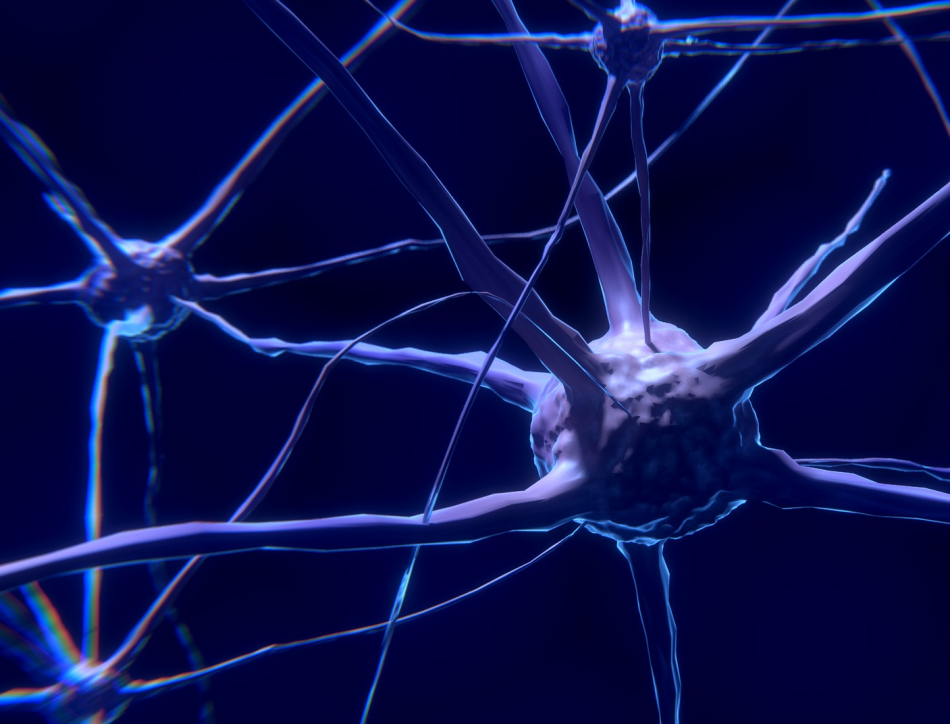The making, keeping and losing of memory

Ferrier Prize Lecture 2022 given by Professor Richard Morris
The concept of memory is used in many branches of science. In neuroscience, it refers to experience-dependent changes in the nervous system that collectively constitute memory traces of varying accuracy, and from which we can later recall earlier events, places, facts or learned skills. Remembering the birth of a child, the layout of the city where we live, that canaries are yellow, or a well practised tennis stroke. Memory is important and it helps each of us to travel in time and so define our own individuality.
Analysis in both humans and animals typically distinguishes the separate processes of encoding, storage, consolidation, and recall. Exciting major advances have been made in recent years that reflect deepening understanding of these processes. The making of a memory trace about an episode is now believed to involve specific patterns of brain activity that release the major neurotransmitter of the brain – glutamate. This binds to N-methyl-D-aspartate receptors at synapses in the hippocampus that act as coincidence detectors to trigger memory encoding and to tag specific synapses. This discovery rested on the shoulders of brilliant earlier physiological discoveries about synaptic plasticity.
Keeping a memory - storage - involves a different set of so-called AMPA glutamate receptors that are shuttled into the synaptic junctions between neurons to help enhance their strength. Embedded within appropriate neural circuitry, the result will be a set of distributed memory traces mediating altered connectivity across large numbers of neurons and their synaptic connections. Cellular consolidation, like the fixing process of traditional photographic images, may then kick in to enable a subset of these traces to be kept for sufficiently long to be eligible for the overnight brain-wide component of consolidation that occurs during slow-wave sleep. In the absence of consolidation, forgetting can take place, but forgetting is deceptive as it is sometimes true loss but other times merely a failure to access memory traces that may be still there. Memory loss is feared, but all too often forgetting is benign – a valuable feature of a system that guards itself against saturation. It can, however, become severe and notably in neurodevelopmental disorders and neurogenerative conditions such as Alzheimer’s Disease, a condition about which there is now growing hope that we can ameliorate facets of the disease process or at least the symptoms of memory loss associated with it.
The Award
The lectureship was created in memory of the neurologist and psychologist David Ferrier FRS, and was first awarded in 1928. It is given on a subject related to the advancement of natural knowledge on the structure and function of the nervous system. The medal is of bronze, is awarded biennially and is accompanied by a gift of £2,000.
Attending the event
This event has taken place.Enquiries: contact the Events team.
